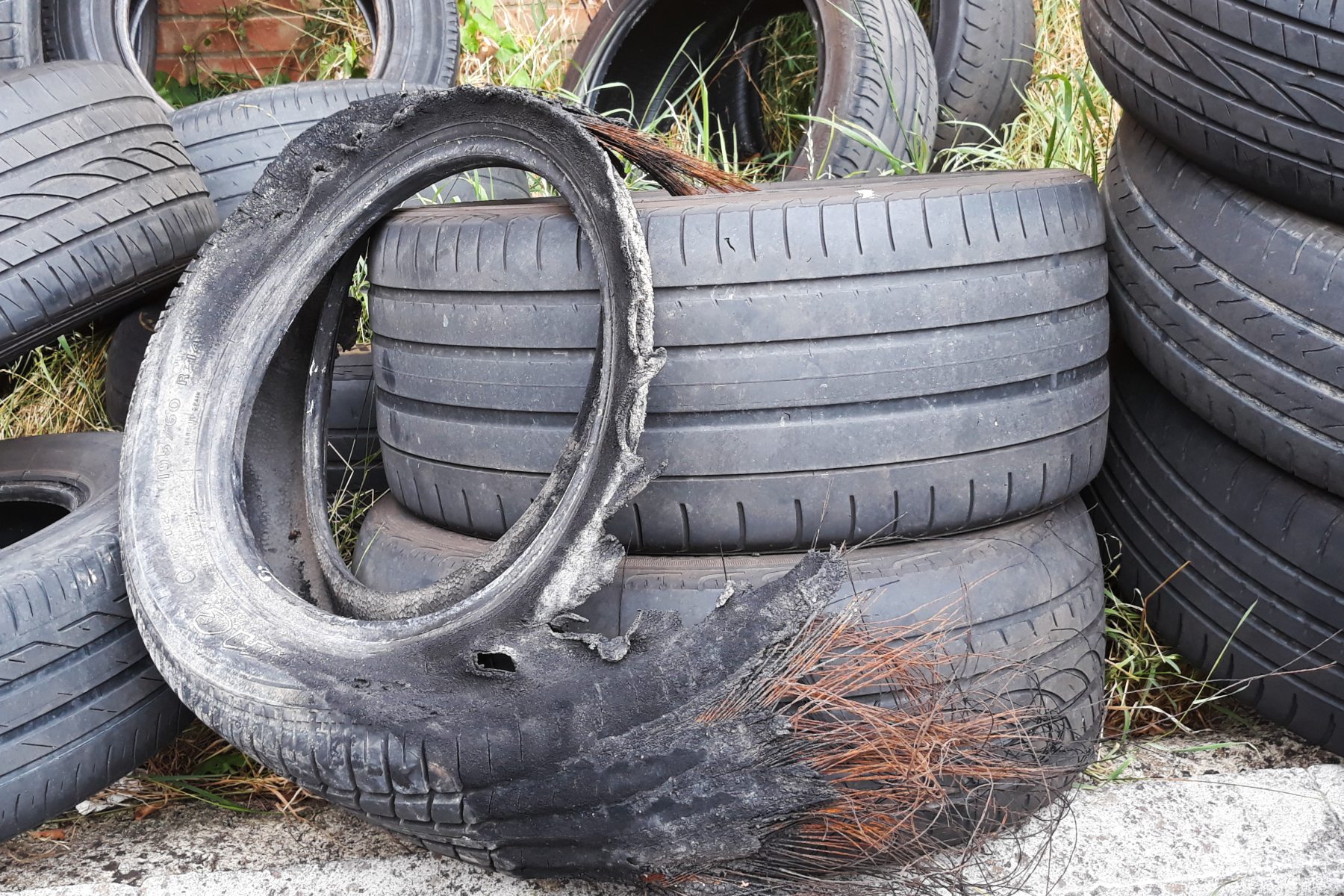Top reasons for cars failing MOTs

Lamps, reflectors and indicators continue to be the most frequent reasons for vehicles fail their MOTs, according to DVSA data analysed by the RAC.
However, brakes and tyres overwhelmingly that are more likely to cause the most “dangerous” MOT failures.
Failures for non-working headlights, indicators and reflectors accounted for just over a quarter (25.5%) of all MOT failures in the 12 months to March 2022, while faulty or broken suspensions represented just under a fifth (18.3%) of all failures.

Problems with brakes (17%) and tyres (12%) were the third and fourth biggest reasons for an MOT failure, with bad visibility – most likely cracks on windscreens – rounding up the top five, representing just 8.7% of all MOT failures.
While a third of all initial MOT tests of cars, vans and small passenger vehicles – the equivalent to 7.3m vehicles – resulted in a fail and mean drivers need to fork out for remedial repair work, nearly one-in-10 tests – 8%, equivalent to 2.4m vehicles – worryingly result in a fail where at least one dangerous defect had been found.
In these most serious cases, where an examiner states a vehicle cannot be driven until that defect is repaired, brakes and tyres represent 88% of all such failures, emphasising just how critical it is for drivers to carry out routine checks on these items.
Although the biggest causes of MOT failures have remained consistent over many years, the proportion of tyre failures has increased slightly from 10% in 2018-19 to 12% in 2021-22.
All cars require MOTs three years after first registration and annually thereafter. With drivers paying up to £54.80 for a car MOT test (class 4 vehicle) costs can soon mount up if work and parts are required, particularly if a vehicle has not been serviced regularly.
“Many drivers dread taking their vehicle for its annual MOT for fear they could end up having to spend lots of money on repairs in order to get it to pass,” said RAC head of roads policy Nicholas Lyes.
“This is no doubt the case for an unlucky third of owners whose vehicles fail their MOTs initially.”
